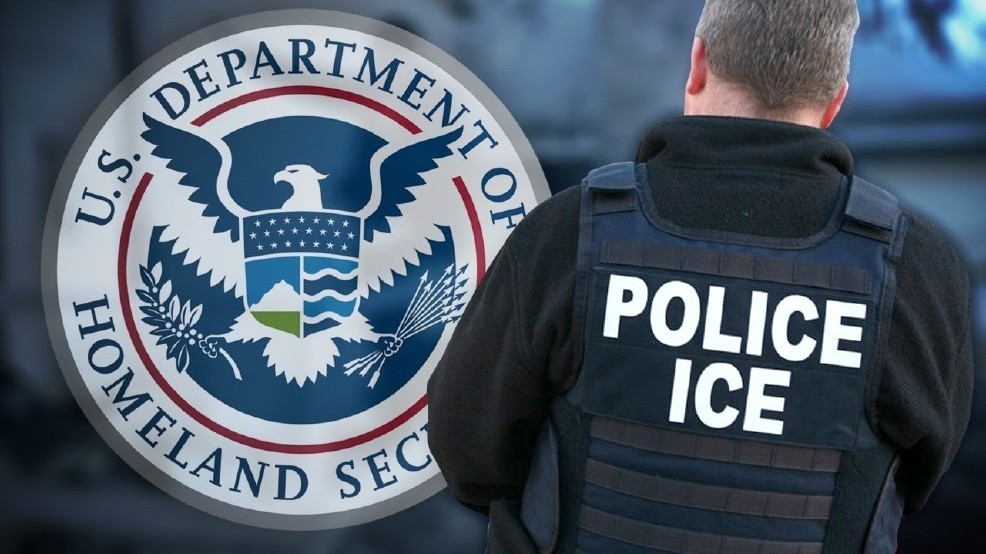House Judiciary Committee Seeks Answers on Decrease in Migrant Deportations
Concerns Mount Over ICE’s Enforcement of Immigration Laws Under Biden Administration
According to New York Post The House Judiciary Committee wants Claire Trickler-McNulty a top official at Immigration and Customs Enforcement (ICE) to answer questions about why fewer migrants with criminal records are being deported under President Biden. The committee mostly led by Republicans is worried that ICE official isn’t doing enough to enforce immigration laws especially with so many people coming into the country illegally. They’re concerned because the number of deportations has dropped a lot compared to when President Trump was in charge and there are more people crossing the border illegally now.
READ ALSO: NYPD cop, 31, shot dead by career criminal during Queens traffic stop ID’d as husband, dad of young child

(PHOTO:
ATT LAW)House Judiciary Committee Grills ICE Official on Deportations, Immigration Policies Under President Biden
Critics Question ICE Official’s Approach to Immigration Enforcement
Some people like Chairman Jim Jordan and subcommittee Chairman Tom McClintock are criticizing Trickler-McNulty for supporting “alternatives to detention” for migrants. They say these alternatives like letting migrants wear GPS trackers could be dangerous. They point to cases where people released under these programs like Diego Ibarra have run away from authorities and committed crimes. They’re also worried because Trickler-McNulty used to work for an organization that helps kids who come to the U.S. illegally which they think might influence how she handles immigration enforcement. This request for testimony shows that there’s still a big argument going on about how the U.S. should deal with immigration. Lawmakers are looking closely at what ICE official is doing and how President Biden’s team is handling immigration issues. They want to understand why ICE official is making fewer deportations and how it’s affecting border security and safety for everyone. Trickler-McNulty’s testimony could give us more insight into why ICE official is doing what it’s doing and what it means for immigration policies in the future.
READ ALSO: Commuter killed after being pushed in front of moving NYC subway train in unprovoked attack

















































